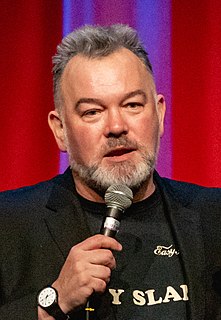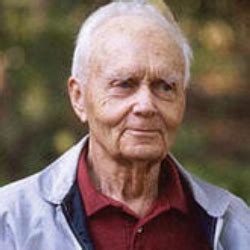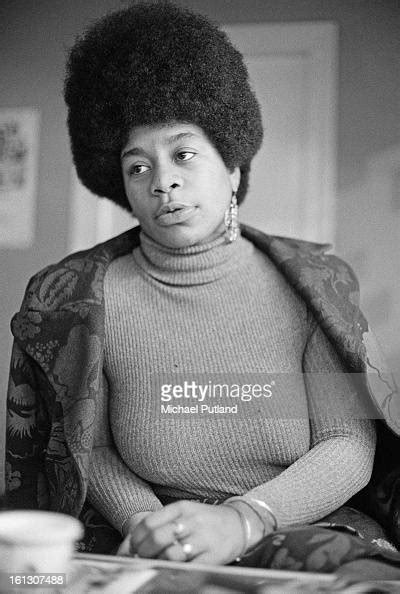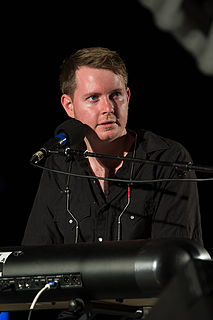A Quote by Jami Attenberg
You write a book, and after 50 pages you think it's about one thing, and then you write another hundred and you realize it's about something else, and then by the time you're done, you can look back and say, 'Oh, this is what it's about.'
Related Quotes
I have to get three pages done every day, and there's usually a point about 150 pages in where everything falls apart, where all the plans are for naught. The book has become something else, and I have a nervous breakdown, and then I submit to what the book has become, and I keep going, and that's a terrible and then a great time.
I don't write from dreams because I don't remember mine, but I had a fragment of an image left about twins, whose father was telling them how their lives were going to go for the next eight years. I wrote a scene about that, and then another and then another and then another, and after five months I had 732 pages.
I'd quite like to write a book about comics, actually. But trying to write about comics as literature, which I don't think anyone's really done before. Sometimes they're more like fan books, and I'd quite like to write one about the Marvel universe over the last 50 years. It's an unprecedented achievement to create that length of continuity.
I'm not sure if it's because I'm older and I'm thinking about family more, but I'm trying to set up this thing where I can play in one city for a month, and then write music for a couple months, then play in another city for a month, write music for a month. Just so it's not these two schizophrenic, Jekyll and Hyde kind of things; you don't have to be this monster. You get inspired and you can go write one song from that, and then you go back and play a few shows. If I could've done that in the 90s, I would have.
I could write all songs all day long about what I think about the music industry or music in general. Sometimes I gotta be like, "Let's write about something else." You don't want to say the same thing over and over again. In a lot of ways, I look at records as a year or two of my life encapsulated in songs. They're almost like journal entries.
I have a notebook that I take with me everywhere. I free-write in it when there are situations that I know I can write a song about. I will just start writing everything that I can think of while trying to write some things that are kind of poetic or sound like they could be in a song. Then, after the music is written, I go back and look at my subjects to see which one I think woud go with what music. Then, I formulate it into a melody and get the song.
I kind of came from the Townes Van Zandt school of throwing yourself off a cliff and then that's what you write about, and that rule number one of creative writing is you have to have conflict. But if you write about yourself mostly, then if you don't have conflict, then you create it. And the older I get, the more I realize that that's not a very smart way to do this. Not to say I'm the most self destructive person on earth, but it's easy to do.
People write about getting sick, they write about tummy trouble, they write about having to wait for a bus. They write about waiting. They write three pages about how long it took them to get a visa. I'm not interested in the boring parts. Everyone has tummy trouble. Everyone waits in line. I don't want to hear about it.


































